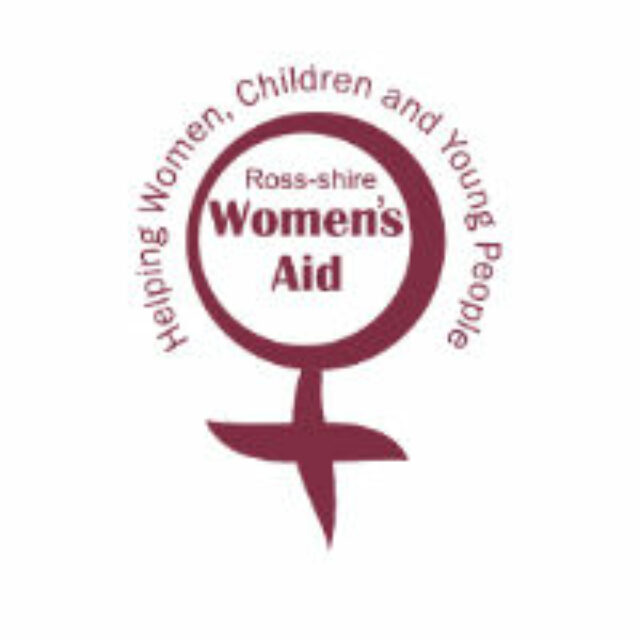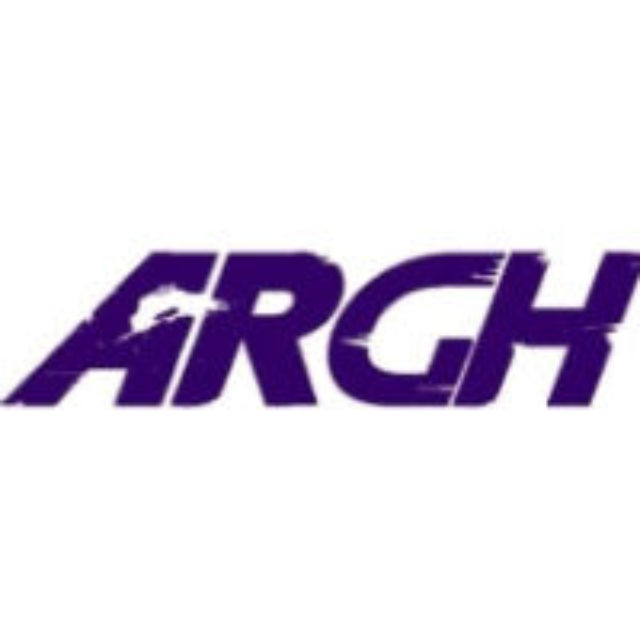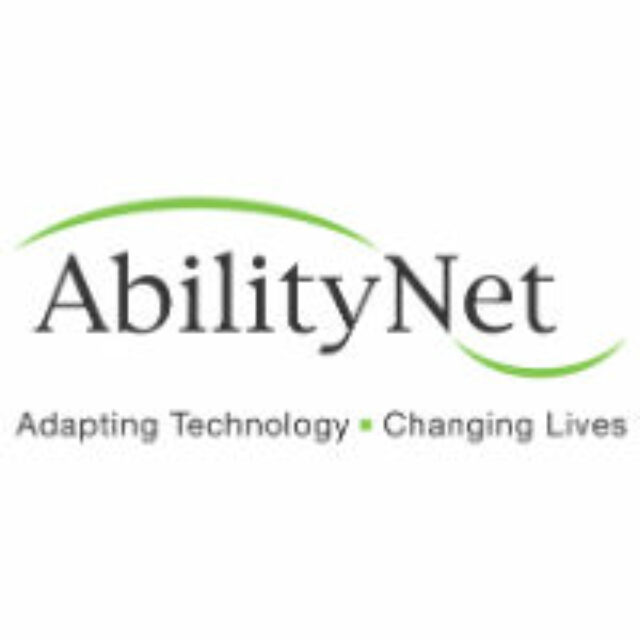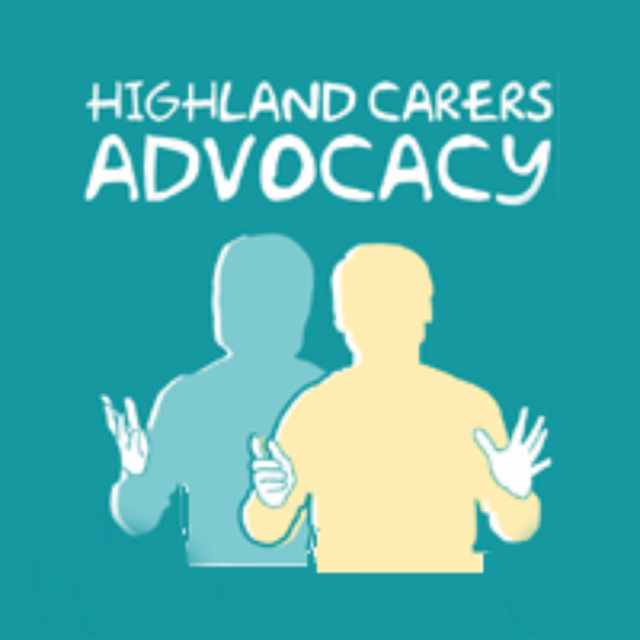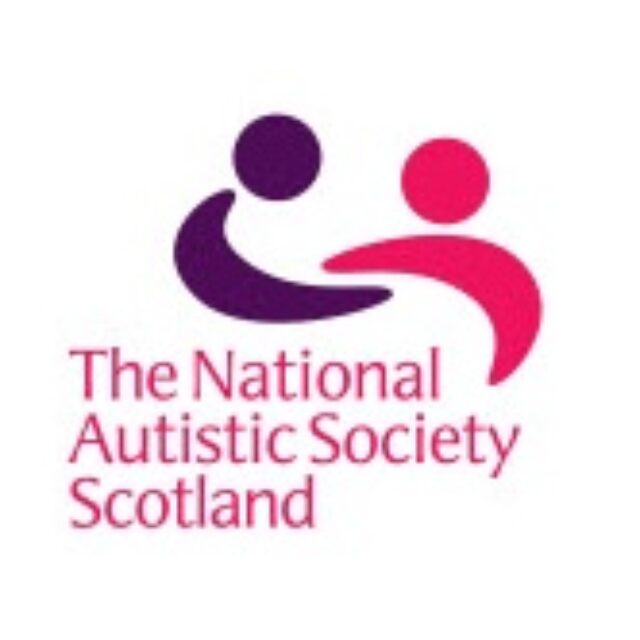Self Directed Support
Self Directed Support is the principle that people have informed choice about the way their social care and support is provided to them by taking control of the money spent on that support.
The new legislation that came into force on 1st April 2014, 'Social Care (Self-directed Support) (Scotland) Act 2013' places a duty on Local Authorities to offer 4 options on how Adults, Children and Carers receive care and support they have been assessed as eligible to receive.
Support options encourage flexibility and creativity.
There are 4 options under Self Directed Support (SDS). Following an Outcome Focused Assessment the Supported Person can choose from the following options:
Option 1
Direct Payment - the money is paid directly to the Supported Person or someone on their behalf so they can buy the support or services themselves.
Option 2
ISF - The Supported Person directs the available support, often described as an Individual Service Fund (ISF).
Option 3
Traditional Service - The Local Authority arranges support for the Supported Person, this may be described as an Arranged or Traditional Service.
Option 4
The Supported Person can select a mix of the above options, often described as 'Mix and Match'.
The SDS approach ensures a person centred culture within our health and social care services. The approach isn't new and will be enriched by the role out of personal outcome plans. This method of assessment builds on individual strengths ensuring creativity and flexibility in developing plans to meet individual's personal outcomes.
Personal outcome plans will consider what is important to and for the individual and their carers empowering them to feel in control.
- Contact details for SDS in relation to children's services can be found -> HERE
- If an assessment is required for an adult please contact NHS Highland.
Tags
Also consider...
-
![Skills Development Scotland]()
Skills Development Scotland
Skills Development Scotland (SDS) is the national skills body supporting the people and businesses of Scotland. SDS can support you to plan your career ambitions in a number of ways. The web service www.myworldofwork.co.uk allows... -
![Ross-shire Women's Aid]()
Ross-shire Women's Aid
Provides information, support and temporary accommodation to women, children and young people experiencing domestic abuse across the Ross-shire. Skye and Lochalsh area. A range of support is provided from a one-off phone call to... -
![National Counselling Service Skye and Lochalsh]()
National Counselling Service Skye and Lochalsh
A counselling service for children and young people who are experiencing difficulties in their life due to issues such as: low self–esteem anxiety relationship problems life transitions bereavement Young people of high school age... -
![Autism Rights Group Highland (ARGH)]()
Autism Rights Group Highland (ARGH)
ARGH is run by and for autistic adults living in the Highland region who are 18 years or over. ARGH is a fully independent self run and self funded organisation, the first of it’s... -
![AbilityNet]()
AbilityNet
AbilityNet supports anyone living with any disability or impairment to use technology to achieve their goals at home, at work and in education. AbilityNet was created in 1998 by IBM and Microsoft to share tech... -
![Moray College Elgin]()
Moray College Elgin
Please contact the college to obtain a prospectus. -
![Highland Community Care Forum Highland Carers Advocacy]()
Highland Community Care Forum Highland Carers Advocacy
Highland Carers Advocacy provides advocacy support for carers over 18. -
![National Autistic Society Scotland]()
National Autistic Society Scotland
The National Autistic Society (NAS) Scotland is the leading UK charity for people with autism (including Asperger Syndrome) and their families. The NAS provides information, support and pioneering services, and campaigns for a better world...

